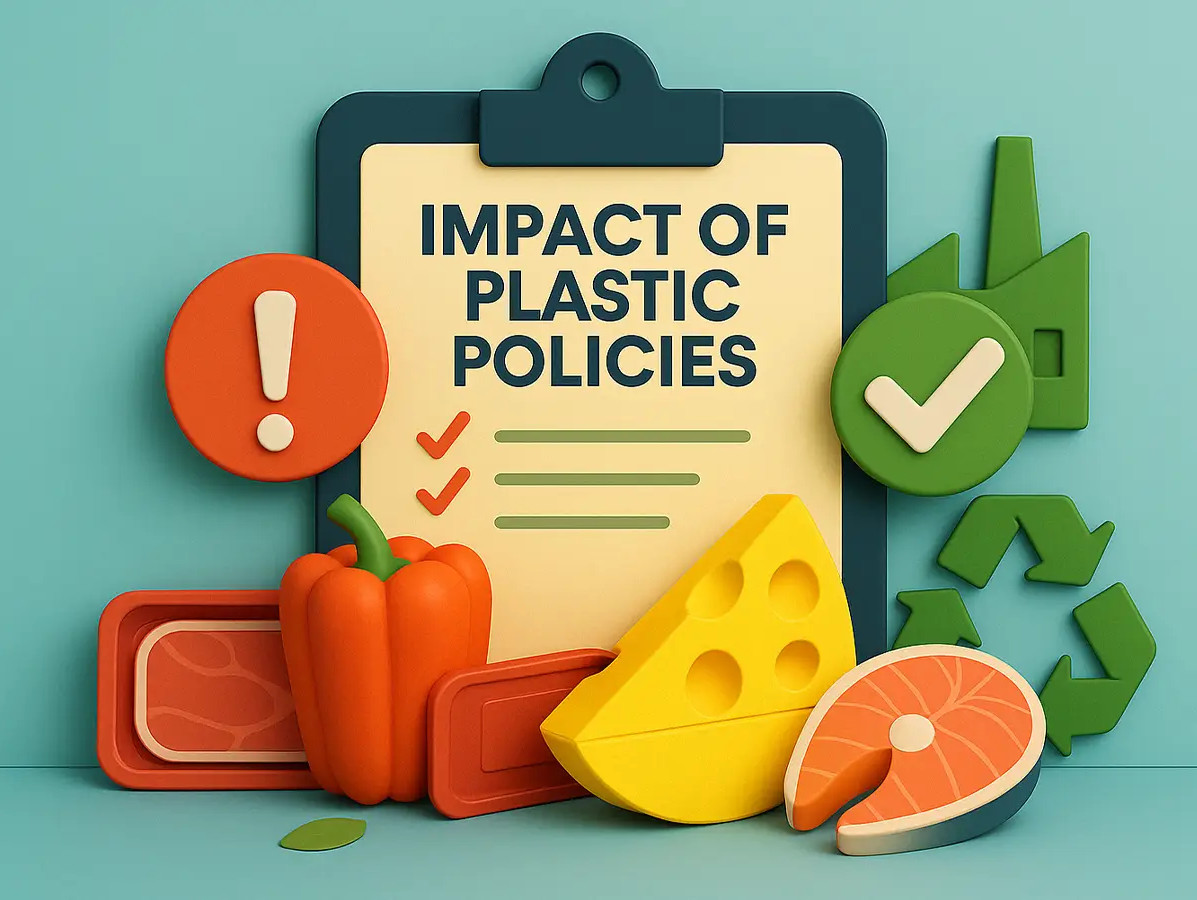
During the parliamentary debate on the circular economy on 16 April, companies from the plastics and food supply chains made an urgent appeal to policymakers: grant the Circular Plastic Table a clear mandate and framework. Businesses warn that without a joint approach, employment, innovation, and sustainability efforts are at risk.
In a manifesto, signed by FNLI, VNO-NCW, NRK and Plastics Europe Nederland, among others, the parties ask that the Circular Plastic Table be allowed to carry out its work before any irreversible decisions are made regarding a national circular plastic standard or levy.
The Circular Plastic Table is intended to serve as an action-driven platform, led by the Special Government Envoy for the Circular Economy. It is designed to facilitate agreements between government and industry on measures to make the plastics sector more sustainable. The goal is to develop an alternative, future-proof plan that is broadly supported across the supply chain.
The key priorities put forward by the industry are:
The industry warns that cheap imports of plastic from countries such as China and the United States are displacing Dutch production chains. This leaves the sector vulnerable and undermines ambitions to drive green growth and strengthen the economy. Without investment security for circular initiatives, the Netherlands risks losing an important position in production, recycling, and innovation.
The Circular Plastic Table must help deliver a widely supported plan that encourages businesses to invest and aligns with European regulation. Only then will circular plastic remain feasible and affordable for the food industry.
View the joint contribution by collaborating companies in the plastics chain.
View the Circular Plastic Agreement Manifesto.
Source: FNLI